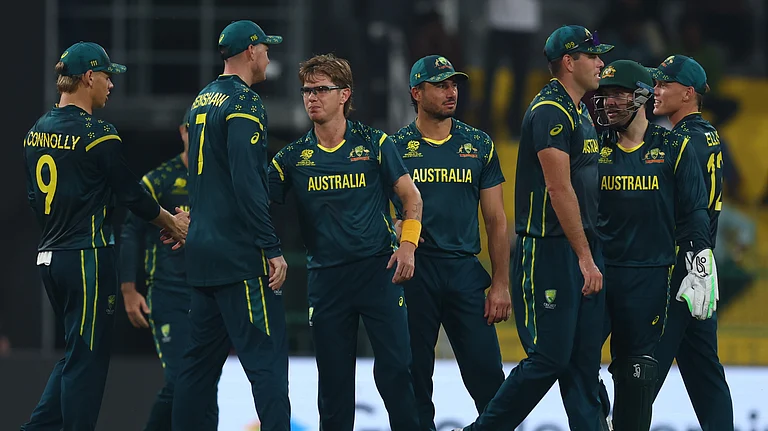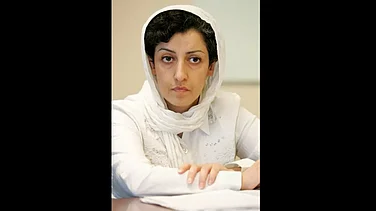Barring a last-minute surprise, the leader of Spain's conservatives will miss on his first shot to become the country's next prime minister when the parliament votes on Wednesday on his petition to form a government.
Popular Party leader Alberto Núñez Feijoo appears set to come up four votes short of the necessary absolute majority of 176 votes in favour. If he loses the vote as expected, Feijoo will have a second opportunity on Friday when the bar is lowered and he would need more “yes” than “no” votes.
The Popular Party holds 137 seats in the Madrid-based Congress of the Deputies, the most of any party. But even with backing from the far-right Vox's 33 lawmakers and two from small conservative parties representing Navarra and the Canary Islands, Feijoo will only reach 172 votes in his favour.
Spain's July 23 national election left the parliament highly fragmented with its 350 legislators spread between 11 different parties, setting the stage for a difficult path to power for any party.
If Feijoo fails to win approval on both attempts, acting Prime Minister Pedro Sanchez would get a shot at staying in the Moncloa Palace. The centre-left Socialist leader would have to round up enough support of lawmakers from a group of competing leftist, regionalist and separatist parties from Catalonia and the Basque Country.
The parliament debated Feijoo's bid to become prime minister for several hours on Tuesday and on Wednesday morning before the vote.
The debate, however, was dominated by the possibility that Sanchez is considering accepting demands from Catalan separatist parties that Spain grant an amnesty for hundreds, possibly thousands, of people who participated in a failed 2017 secession bid by northeast Catalonia.
If no government is formed before November 27, the parliament will be dissolved and a new election called for January 14.





















